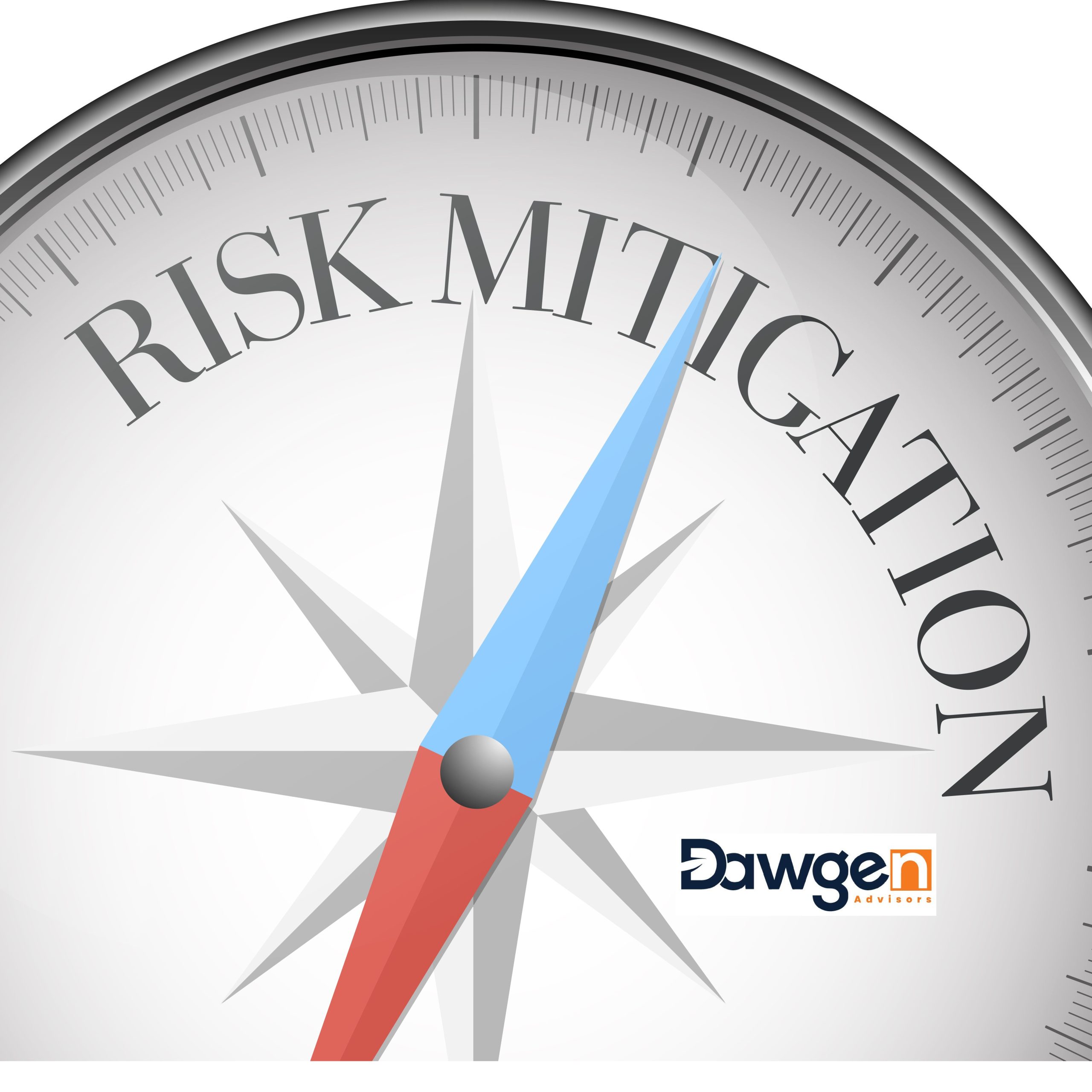 In today’s dynamic business landscape, effective risk management has become a cornerstone of organizational stability and success. At its core, risk management is a strategic process that identifies, assesses, and mitigates potential threats and uncertainties that could disrupt a company’s objectives. It encompasses the analysis of risk likelihood and potential impact, the development of proactive strategies to minimize potential harm, and the continuous monitoring of risk mitigation efforts to ensure their effectiveness.
In today’s dynamic business landscape, effective risk management has become a cornerstone of organizational stability and success. At its core, risk management is a strategic process that identifies, assesses, and mitigates potential threats and uncertainties that could disrupt a company’s objectives. It encompasses the analysis of risk likelihood and potential impact, the development of proactive strategies to minimize potential harm, and the continuous monitoring of risk mitigation efforts to ensure their effectiveness.
Dr. Dawkins Brown, Executive Chairman of Dawgen Global, emphasizes the critical nature of understanding and managing risks in today’s dynamic business landscape. “In any industry, success demands a calculated approach to risk,” he says. “High-performing businesses face unique pressures, and to navigate these effectively, managers must deeply understand the origins and impact of these risks and take proactive steps to mitigate them.”
The Primary Sources of Strategic Risk
Strategic risks commonly arise from pressures in three areas:
- Growth: Rapid expansion can sometimes outpace an organization’s ability to manage it, resulting in significant staffing and expertise gaps.
- Organizational Culture: While entrepreneurial risk-taking can propel growth, resistance from leadership or internal competition can introduce obstacles.
- Information Management: Inadequate access to critical performance data can lead to decentralized decision-making, increasing exposure to potential missteps.
Understanding these pressures and identifying the related risks are essential steps toward safeguarding a business’s reputation, finances, and strategic goals.
Key Types of Risk in Strategic Management
Strategic risks can present themselves in various forms, each posing unique challenges:
- Operational Risk: This includes disruptions in processes that interrupt the flow of products or services. For example, if a food distribution company accidentally ships tainted products, its reputation and operations could suffer.
- Asset Impairment Risk: Certain events, such as natural disasters, can significantly devalue assets and affect a company’s ability to generate future cash flows.
- Competitive Risk: A shifting competitive landscape can hinder an organization’s ability to deliver value and differentiate itself, potentially leading to revenue loss.
- Franchise Risk: This risk occurs when stakeholders lose trust in an organization’s objectives, which can ultimately erode its overall value.
The Importance of Risk Management
A proactive approach to risk management enables organizations to build resilience and ensure long-term success. Here are four reasons why a comprehensive risk management strategy is essential:
1. Protecting the Organization’s Reputation
Effective risk management practices play a crucial role in preserving an organization’s reputation. For businesses reliant on customer trust, like airlines, incidents such as operational delays or system outages can be particularly damaging. Delta Airlines’ 2016 national computer outage, which caused more than 2,000 flight cancellations, highlights the importance of managing operational risks to uphold a reputation of reliability. Although Delta recovered, the incident underscores how unforeseen risks can impact customer trust and brand reputation.
2. Minimizing Financial Losses
Financial losses stemming from various risk factors can be substantial, making risk management essential for safeguarding an organization’s bottom line. One prominent example is the Volkswagen emissions scandal. In 2015, whistle-blowers exposed that VW had manipulated emissions data to appear more environmentally friendly, which led to over $25 billion in fines, penalties, and recalls. This incident could have been avoided with rigorous internal controls, which are designed to promote transparency, compliance, and proper oversight.
3. Promoting Innovation and Growth
Risk management not only protects against negative outcomes but also promotes a culture of innovation and growth. Many companies focus on growth, even in the face of potential risks. By establishing boundary systems that define acceptable risks, businesses can empower employees to pursue innovative ideas without suppressing creativity. Netflix is a prime example of this approach. Originally known for its DVD rental service, Netflix took a strategic risk by introducing a streaming platform, later evolving to produce original content, which strengthened its competitive advantage.
4. Enhancing Decision-Making
A well-structured risk management framework supports informed decision-making. By leveraging data to simulate potential outcomes, businesses can evaluate strategies before implementation. For example, JPMorgan Chase utilizes machine learning algorithms to anticipate and prevent cyber attacks, a crucial measure given the growing prominence of cybersecurity risks in financial services. This proactive use of data analytics helps the company to identify and mitigate potential risks effectively.
Conclusion
Risk management is an integral part of any business strategy, providing a structured framework to identify, assess, and address potential challenges. By understanding the sources and types of risk, as well as implementing measures to mitigate them, organizations can enhance their resilience, foster innovation, and improve decision-making processes, ultimately securing a sustainable path to success.
Next Step!
“Embrace BIG FIRM capabilities without the big firm price at Dawgen Global, your committed partner in carving a pathway to continual progress in the vibrant Caribbean region. Our integrated, multidisciplinary approach is finely tuned to address the unique intricacies and lucrative prospects that the region has to offer. Offering a rich array of services, including audit, accounting, tax, IT, HR, risk management, and more, we facilitate smarter and more effective decisions that set the stage for unprecedented triumphs. Let’s collaborate and craft a future where every decision is a steppingstone to greater success. Reach out to explore a partnership that promises not just growth but a future beaming with opportunities and achievements.
✉️ Email: [email protected] 🌐 Visit: Dawgen Global Website
📞 Caribbean Office: +1876-6655926 / 876-9293670 📲 WhatsApp Global: +1 876 5544445
Join hands with Dawgen Global. Together, let’s venture into a future brimming with opportunities and achievements

